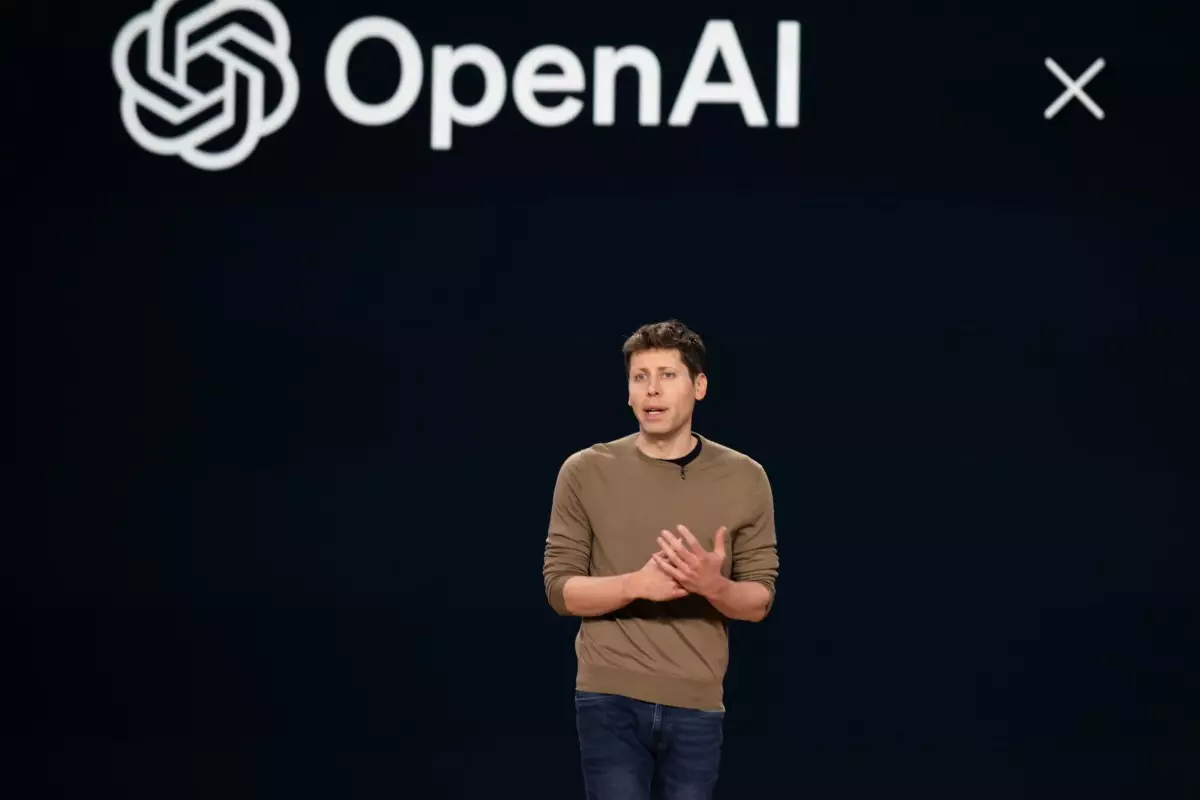The tension between artificial intelligence and traditional media has reached a pivotal point in India. Asian News International (ANI), one of the country’s leading news organizations, has taken a bold step by filing a lawsuit against OpenAI, the corporation behind the widely-used AI language model, ChatGPT. This case is not only significant for ANI but may also set important legal precedents regarding the usage of copyrighted content by AI systems in India, particularly against the backdrop of global debates surrounding intellectual property rights.
Filed in the Delhi High Court, ANI’s lawsuit accuses OpenAI of unlawfully incorporating its proprietary news content into AI training datasets. This allegation raises critical legal questions about the boundaries of fair use and the ownership of digital information. During a preliminary hearing, Justice Amit Bansal acknowledged the case’s complexity and opted against granting an immediate injunction, indicating the issue required thorough consideration before any legal remedies could be discussed. The next hearing is slated for January, suggesting a protracted legal process ahead.
In a statement to TechCrunch, OpenAI reiterated its commitment to working collaboratively with news organizations globally, including those in India. The spokesperson emphasized the company’s efforts to safeguard the information that ChatGPT utilizes, claiming that the model does not actively scrape data from ANI’s website and allows websites the option to decline interactions with the model. This presents a nuanced defense strategy that suggests a recognition of the legal challenges it faces, but it also raises more questions about the transparency and ethics of AI content generation.
The ANI lawsuit is part of a larger movement against AI companies in several jurisdictions. OpenAI is reportedly entangled in over a dozen copyright lawsuits within the United States alone. Such legal challenges reflect the growing concern among creators and content providers that their intellectual property is at risk in the digital age. The defense presented by OpenAI, which asserts that copyright laws do not cover facts, may lead to wider implications for how news organizations protect themselves in the evolving landscape of AI.
One of the most alarming elements of ANI’s complaint is the alleged generation of false information attributed to the agency by ChatGPT. A specific example cited was a fictitious interview constructed with Rahul Gandhi, the leader of India’s opposition party. The potential for AI-generated misinformation poses serious threats to the credibility of established news organizations and can inadvertently contribute to public disorder. Insights suggested by ANI’s lawyers indicate that misinformation derived from AI could result in detrimental societal impacts, elevating the stakes of the lawsuit significantly.
While the court prepares to appoint an independent expert to advise on the copyright implications of AI-generated content, the litigation between ANI and OpenAI prompts vital discussions about the future framework for AI use of copyrighted materials. As both sides prepare for further hearings, the outcome of this case could redefine the operational landscape for AI technology in India and beyond, suggesting a need for clearer legal guidelines that govern the intersection of technology, media, and intellectual property rights. In an age where information is plentiful, determining ownership and ethical usage may be one of the most pressing challenges ahead.

